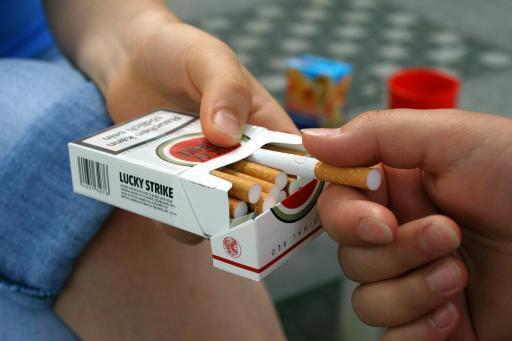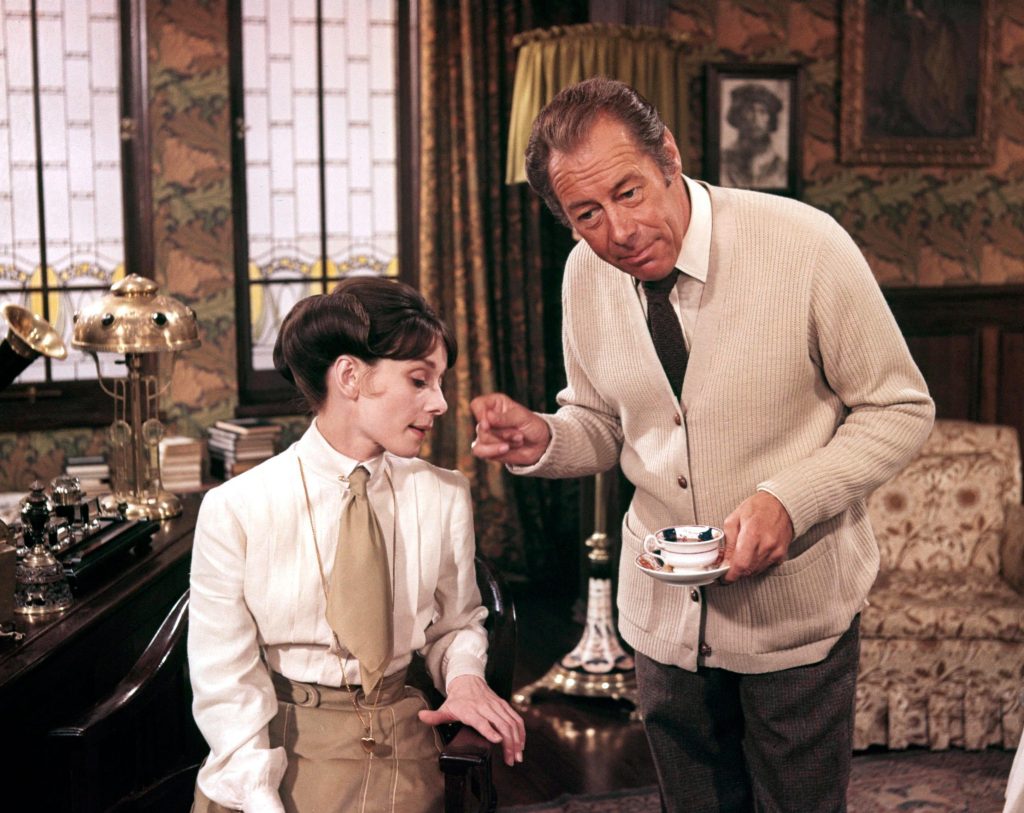The UK isn’t the only place which has been toying with the idea of introducing a ‘generational’ tobacco ban. Rishi Sunak’s bill that would ban sales to anyone born after 1 January 2009 was taken over by Labour following the election, but now it is Russia that is debating a similar measure.
The Ministry of Health is reportedly close to proposing a ban on the sale of tobacco and other nicotine-containing products to everyone born after 31 December 2009. A draft bill has already been circulated and has been adopted by the New People party, one of the government’s tame pseudo-opposition factions, although it has not yet been reviewed by the executive. The government is, after all, formally committed to reducing smoking, even after an unexpectedly-successful crackdown on smoking in public spaces in 2013-14.
Offences committed by organised crime gangs have almost doubled
Similarly to what has been happening in the UK, Russia’s Health Ministry is also facing pushback from certain quarters, but with a few extra distinctively Russian wrinkles. The Finance Ministry, watching Putin devote more and more funds to his war, is keenly aware of the impact on tobacco excise earnings, worth 824 billion rubles (£6.6 billion) in 2023. In 2028, when the first cohort of potential smokers this bill would affect come of age, the loss that year alone would be just 6 billion rubles (£48 million), but it would then rise steadily each year thereafter.
The usual counter, that this will be offset by savings from the health budget (it is responsible for over 200,000 deaths a year) and indirect economic losses, holds little water. Particularly so long as the Finance Ministry is more concerned with protecting revenues – although it is disingenuously claiming that it is really concerned about the human rights of those denied the opportunity to smoke. It is even claiming that it might be a breach of the constitution.
The Ministry of Agriculture is worried about the effect on domestic production, and the Ministry of Trade and Industry on a sector which is already under pressure. However, the most outspoken response has come from the enforcement agencies. The Federal Service for the Control of Alcohol and Tobacco Markets, which goes by the jaw-breaking compound noun ‘Rosalkogoltobakkontrol’, fears that it will be even harder to crack down on illegal and untaxed tobacco products – which has already from 13 to 11 per cent of the market in the past year.
After all, whenever the state limits a market, it creates opportunities for the black market. The Ministry of Internal Affairs has admitted that, since the start of the 2022 and the launch of the ‘special military operation’ in Ukraine, offences committed by organised crime gangs have almost doubled. While this is especially evident in the regions bordering Ukraine, where stolen guns are plentiful and convicts-turned-soldiers more in evidence – in some such regions, the gun crime figures are up ten-fold, or more – this is a trend evident throughout the country.
It is thus noteworthy that some of the police’s tame commentators are already drawing parallels between the Health Ministry’s initiative and Mikhail Gorbachev’s well-meant but ill-starred anti-alcohol campaign in 1985. Much like prohibition in the United States, in effect it galvanised organised crime by handing it a massive market that most Russians regarded as illegitimately targeted by the state. I remember talking to gangsters afterwards who admitted just how amazed they were at the enthusiastic welcome they received, and the degree to which clients who turned to them for booze would also encourage them to diversify into other products, from untaxed contraband cigarettes to scarce medicines. It was the start of an underworld boom that would shape the ‘wild 1990s’ and built the global network of Russian gangs that persists to this day.
Of course, this would not be on the same scale: a fractional tobacco market is nowhere near as lucrative as a USSR-wide alcohol one, and the state is much more solidly entrenched than in the decaying years of the Soviet era. Nonetheless, in the words of one commentator, ‘when you’re worried about an avalanche, you don’t throw another rock downhill.’
Russian leaders have periodically campaigned against tobacco, ever since Tsar Mikhail, founder of the Romanov dynasty, denounced it as a ‘ruinous potion’. Of late, there has been real progress. Between 2013 and 2023, the proportion of Russian who smoke has decreased from 41 per cent to 30 per cent. However, a quarter of 18 to 24-year-olds smoke, and, as elsewhere in the world, vapes have taken off as a replacement for – and sometimes prelude to – smoking. In Russia, 90 per cent of vape users are teenagers.
The usual debate over banning smoking is one of health versus revenue, albeit cloaked in the language of civil duty and individual rights. In Russia, it is complicated by an especially sharp crime and policing concern. While in all countries, restrictions create black markets, Russia’s painful history and above all the current pressures created by the war make this a very live issue. It may well be that ultimately it is this, rather than wider concerns about the ‘babushka state’, that will ultimately tilt the Kremlin’s political calculations.








Comments